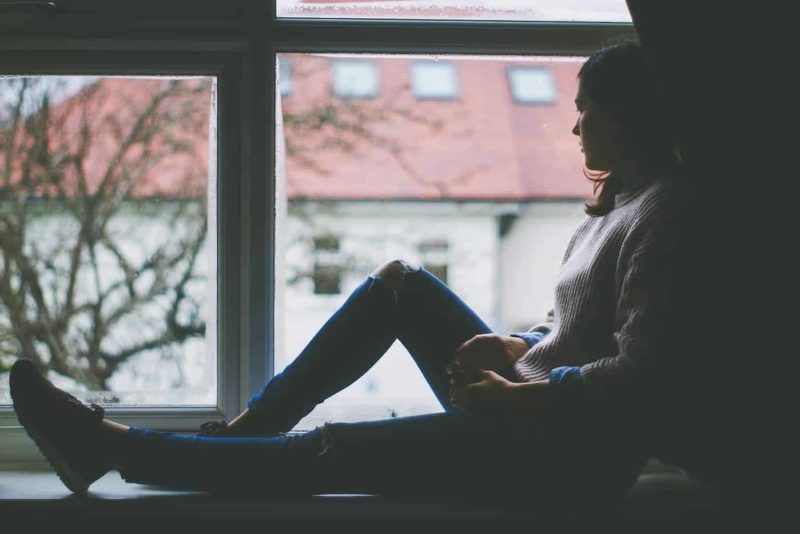Everyone reacts differently to stressful situations such as an infectious disease outbreak that requires social distancing, quarantine, or isolation. People may feel:
Anxiety, worry, or fear related to:
Your own health status
The health status of others whom you may have exposed to the disease
The resentment that your friends and family may feel if they need to go into quarantine as a result of contact with you
The experience of monitoring yourself, or being monitored by others for signs and symptoms of the disease
Time taken off from work and the potential loss of income and job security
The challenges of securing things you need, such as groceries and personal care items.
Concern about being able to effectively care for children or others in your care
Uncertainty or frustration about how long you will need to remain in this situation, and uncertainty about the future
Loneliness associated with feeling cut off from the world and from loved ones
Anger if you think you were exposed to the disease because of others’ negligence
Boredom and frustration because you may not be able to work or engage in regular day-to-day activities
Uncertainty or ambivalence about the situation
A desire to use alcohol or drugs to cope
Symptoms of depression, such as feelings of hopelessness, changes in appetite, or sleeping


